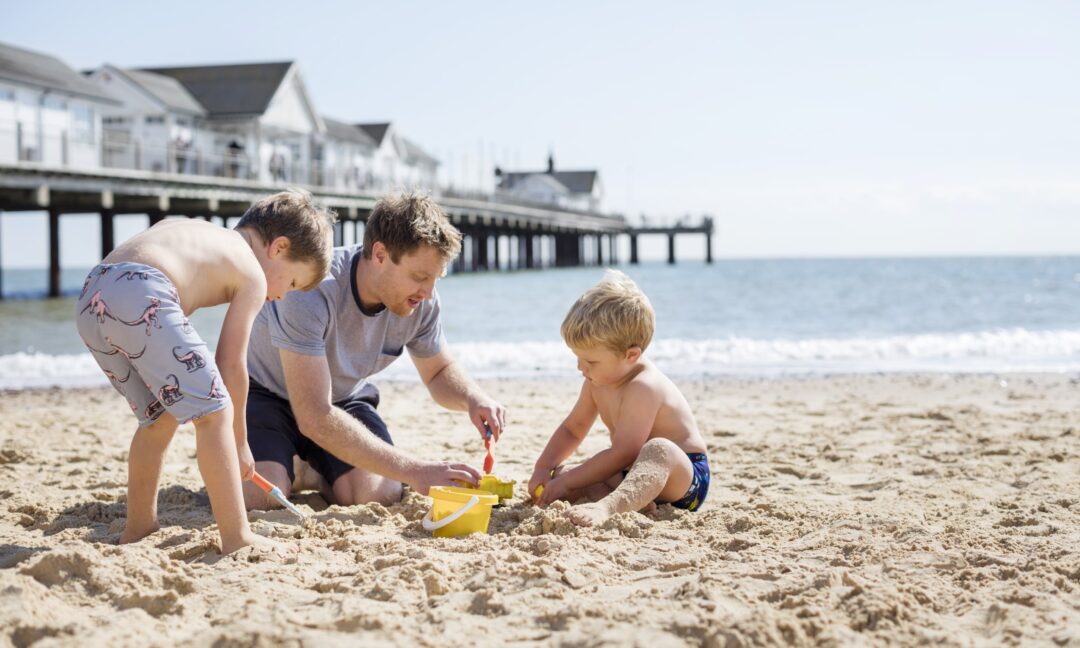With so many places to visit, it can be hard deciding where to go next. And regardless of where you fancy, it’s likely you’ll need to save up. Whether you’re sunbathing in Sardinia or walking in Wales, our essential guide will help you get there.
Top tips for saving for a holiday
Saving can be challenging for various reasons. But saving for a holiday can be more inspiring.
Here are our top tips to help you plan your holiday savings:
Decide where you want to go – this will help you get an idea of costs and how much you’ll need to save.
Be realistic – if you love Barbados but can’t save enough to go, it’s worth looking at cheaper destinations. On the other hand, you may decide you’d rather save for longer to achieve your dream.
Budget carefully – there are some costs you can’t avoid and others that you can. Either way, there are things you can do to budget for your holiday effectively. Thinking about the following is a great place to start:
- Transport – unless you’re planning to camp in your back garden, you’ll need to factor in transport. Explore your options though as the well-travelled path may not be the cheapest. For example, travelling to mainland Europe by train or ferry may take longer than flying. You’ll see more on the way though, and it could save you money. As a bonus, you’ll be helping the environment too. If you do decide to fly, don’t forget to allow for parking costs if you drive to the airport. Also, don’t forget transport when you’re there, including potential car hire costs. Don’t forget you may need to book a night at an airport hotel if you’re leaving or arriving at an unsociable hour.
- Accommodation – wild camping can be fun, but most of us like a bit more comfort on holiday. Some people pick their destination, then find accommodation that suits their budget. Others prefer a luxury hotel but aren’t fussed where it is. Some like to include meals, while others prefer to self-cater. There’s no right or wrong approach. Whatever type of accommodation you go for, there will be a range of price points to consider.
- Food and drink – you’ll need to buy food and drink unless you book an all-inclusive resort. Even then, you may find there are extras that aren’t included! Do some research on where you plan to visit. How do prices compare to home? Think about where you feel it’s worth splashing out a bit and where you can make do with the essentials to trim your budget.
- Activities and trips – you may book a hotel near a beautiful beach and spend your days soaking up the sun. Or you may book the same hotel, but decide to visit some local attractions and go scuba diving to top it off. Whichever you go for, it’s worth finding out what’s on offer and how much it costs. That way, you can factor it into your budget if it appeals.
- Travel insurance – depending on the type of holiday you’re going on you may feel this one isn’t essential. However, it can give peace of mind if you’re going abroad. It’s also worth remembering it can cover you in case something happens before you go, and you have to cancel. There are lots of options on offer and costs vary widely too. Make sure you go with a reputable provider and read the small print. There’s no point taking out a policy for a skiing trip if winter sports aren’t covered!
- Just in case – you can’t plan for everything, so factor in some money to cover unexpected expenses. You might decide to take a day trip you weren’t aware of when you planned your holiday. Or food and drink may end up costing more than you expected. Either way, it’s worth having a little extra to ensure you get the most out of your trip.
Keep an eye on exchange rates – this won’t be an issue if you’re heading to the Peak District. If you’re going overseas though, it’s worth keeping an eye on how the currency you want to buy is tracking against the pound. If you notice rates are particularly favourable, it could be worth exchanging money well in advance.
Consider when you want to go – we all know going away in the school holidays comes at a premium. So, avoid them if you can. However, it’s worth looking at a range of dates outside the holidays as well. There may be events or public holidays happening where you’re planning to go that mean prices go up. If you can be flexible on dates, you might save some money.
Book early or late – once you’ve considered all the above it’s worth considering when to book. Booking well ahead can help you get a good price (although not always). You may also find a bargain if you book closer to your departure date (although you may miss out on your first choice).
How much should I budget for holidays?
There’s no set amount you should budget for a holiday. Broadly speaking, there are two approaches you could take to decide how to set your holiday savings goals though.
You could focus on the destination. Decide where you want to go, then use the list above to work out how much it will cost. Once you’ve done that you can decide how long it will take you to save up to go there.
Or you could focus on the date. If you decide you want to go somewhere next summer, decide how much you can save up by then. You can then explore where you can go for your budget.
However you save for your holiday, planning ahead can help make it as relaxing as possible.
Best savings accounts for holidays
To a degree, the right account will be influenced by how long you plan to save for.
If you plan to save for around a year, an instant access account could be ideal. This is because it will allow you to save as and when you want. However, you can withdraw your money instantly in an emergency.
This option means there’s the temptation to spend your money on other things or save less than you planned though.
Some people therefore prefer to pay a set amount into a regular saver account each month. Once you’ve set up the account and the amount you want to pay, your money will be saved automatically each month.
This type of account will often place limits on when you can withdraw money though. This might be at the end of a fixed period, such as a year. Regular savers are ideal if you want to make sure you don’t spend your savings on anything else. However, they’re not so useful if you want to pay for different parts of your holiday at different times.
For example, you may pay a hotel deposit and agree to make a final payment in a years’ time. But if you want to book flights six months later and can’t access your savings for another six months, it won’t be so helpful.
Alternatively, if you’re saving for a once-in-a-lifetime trip, it may take a lot longer to save. You may be planning to celebrate your retirement for example. You only retire once, you know when you plan to do it, and you don’t want to miss out on anything. So, you start saving five years in advance.
In this case, it may be worth looking into an Individual Savings Account (ISA), as you’ll ensure you aren’t taxed on any interest you earn. To find out how ISAs work and how they could help you save, check out our accompanying blog.
It’s also worth considering paying for your holiday in instalments. Many large tour operators offer a range of options, with various deposit levels and payment plans. This can help spread the cost. If you decide to go for this option, make sure your savings are accessible to allow you to meet the payment dates.
Finally, it’s worth thinking about how you’ll pay for day-to-day expenses if you leave the UK. Just as you generally pay a fee to convert one currency to another, you may also pay one when you use your debit or credit card abroad.
Some banks offer specific accounts or prepaid cards that are designed for holiday spending. These can help reduce the fees you pay, and in the case of prepaid cards, help you stick to your budget.
Whether you go to San Francisco or Southwold, having a solid savings strategy will help bring your plans to life.



















